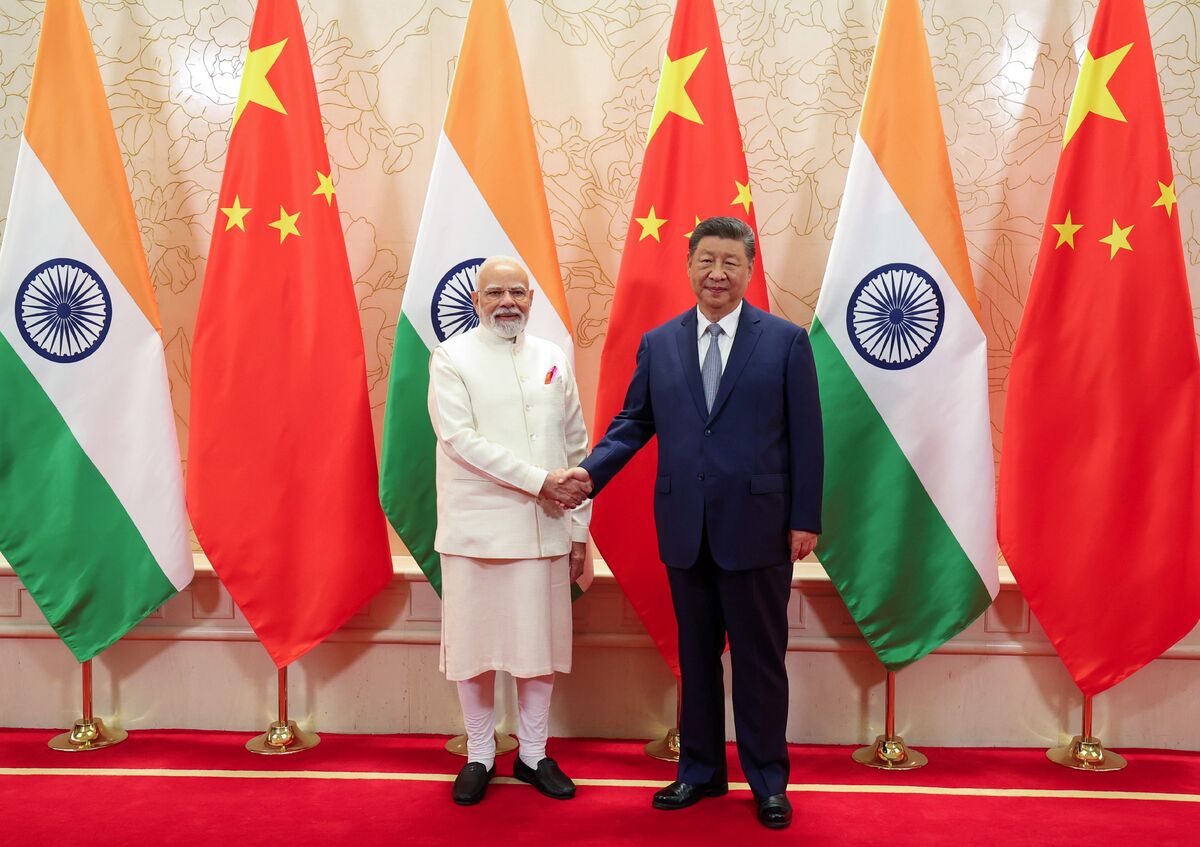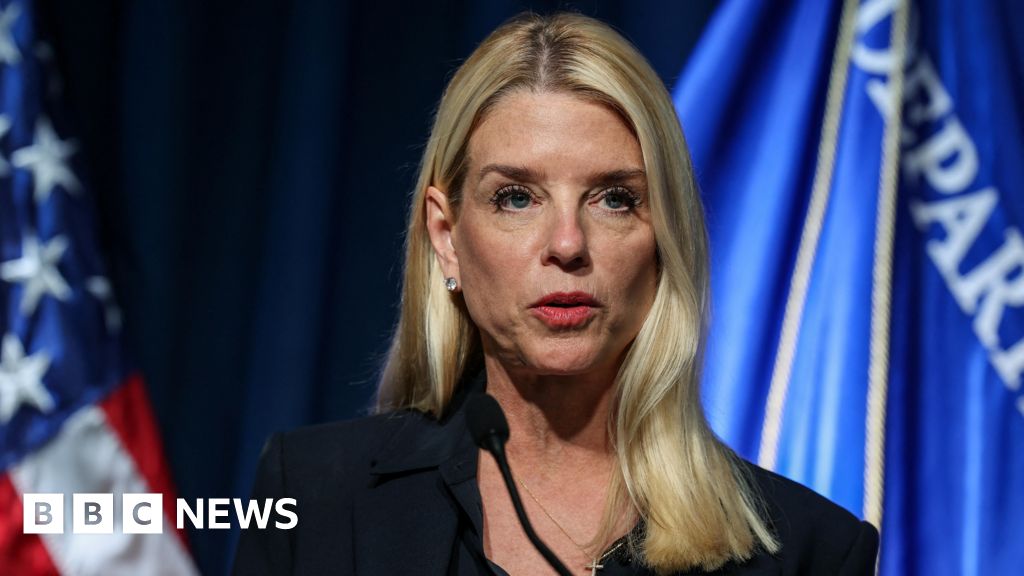Evidence of Poisoning Confirmed in Death of Russian Opposition Leader

Introduction
The death of Russian opposition leader, Alexei Navalny, has been a highly debated and controversial topic. Initially, the official cause of death was cited as a disease, but new evidence has emerged that suggests otherwise. According to Navalny's widow, two labs have tested samples that were smuggled out of the country and concluded that he was poisoned while in prison.
Evidence of Poisoning
The new lab evidence provides strong support for the claims of Navalny's wife. It not only confirms that he was indeed poisoned but also raises questions about the prison officials' involvement. The two labs independently tested the samples and both came to the same conclusion, further strengthening the credibility of the findings.
Implications and Consequences
The confirmation of poisoning in prison has raised concerns about the safety and wellbeing of political prisoners in Russia. It also highlights the need for a thorough investigation into Navalny's death and for those responsible to be held accountable. This new evidence has also sparked outrage and protests in Russia, with many demanding justice for Navalny and a fairer political system.
About the Organizations Mentioned
World Health Organization
The World Health Organization (WHO) is a specialized agency of the United Nations, established in 1948, with a mandate to promote global health, coordinate international responses to public health threats, and set standards for health policies and interventions[2]. Headquartered in Geneva, Switzerland, WHO operates in over 150 countries, working with governments, NGOs, and other partners to advance health equity, strengthen health systems, and respond to health emergencies. ## What WHO Does WHO’s core activities include monitoring global health trends, setting international health standards, providing technical assistance to countries, and serving as a forum for scientific and policy discussions on health issues[2]. The organization publishes influential reports such as the annual **World Health Statistics**, which tracks progress toward Sustainable Development Goals (SDGs) and provides a global “health report card”[1][8]. WHO also maintains the Model List of Essential Medicines, guiding countries on which drugs are most critical for public health[7]. In addition, WHO leads global campaigns on issues ranging from infectious disease eradication to noncommunicable diseases (NCDs), maternal and child health, and health emergencies[2][6]. ## History and Key Achievements WHO’s history is marked by landmark achievements, including the eradication of smallpox, near-eradication of polio, and the development of an Ebola vaccine[2]. The organization played a pivotal role in responding to the COVID-19 pandemic, coordinating global research, vaccine distribution, and public health guidance. In May 2025, WHO member states adopted the world’s first **Pandemic Agreement**, a historic step to improve international coordination and equity in future health crises[4]. WHO also spearheads initiatives like the Triple Billion Targets (healthier lives, universal health coverage, and protection from health emergencies) and technical policy packages targeting tobacco, alcohol, salt, and trans fat reduction[1][2]. ## Current Status and Notable Aspects WHO is currently implementing its **Fou














